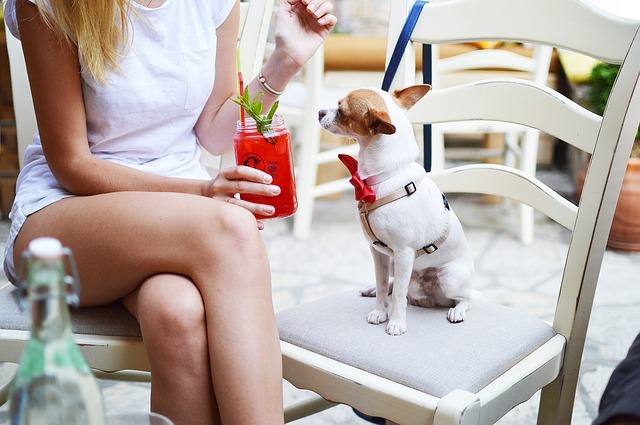A recent study conducted at the University of Vienna found that dogs might be much more in tune to our emotions than previously thought. By experimenting with 132 dog owners, they discovered that dogs with owners who are pessimistic and prone to anxiety have dogs with the same personalities. In fact, the study showed that the owner’s answers to the interview questions about themselves provided a more accurate description of the answers they provided about their own dogs.
According to DailyMail, lead author of the study published in the journal PLOS One, Iris Schoberl, said: ‘Owners behave differently because they are pessimistic or neurotic, and perhaps dogs read the emotions of their owners and think the world is more dangerous, so are more reactive to it […] It looks like people who are pessimistic have dogs which are worse at coping with stress than others.’

We all know that our dogs are sensitive to our emotional states, but the research shows it’s likely stronger than we expect. The results also suggest that women have stronger relationships with companion animals and that they are more likely to create dogs that are anxious and high strung. They results also imply that a neurotic person who adopts a calm, relaxed dog will actually transform the dog into a more anxious animal.
The dogs and owners were tested by exposing them to novel scenarios such as exposure to a new room, walking over a wire mesh bridge, separating and reuniting the dogs and their owners and being approached by a threatening stranger wearing a ski mask and hood. The dogs with the owners who scored high for neuroticism proved to have less variation in their cortisol levels – meaning they were unable to cope with the stressful situations. Cortisol is the stress hormone in the body and the researchers used this measurement to determine how well the dogs were coping with the stress.

According to the study, though, it’s not just the anxious owner that creates a stressful dog. Those owners that don’t provide enough attention and dogs with separation anxiety are also much less emotionally resilient than your average dog and owner. The study generally concludes that relaxed owners are more likely to have relaxed dogs, while stressed owners are more likely to have stressed dogs. So remember the next time you’re with your dog, think about how you feel and how this is influencing your dog’s emotions. Consider the way you react to changes in your environment or stressful situations. More often than not, you might be causing your dog some undue stress.
